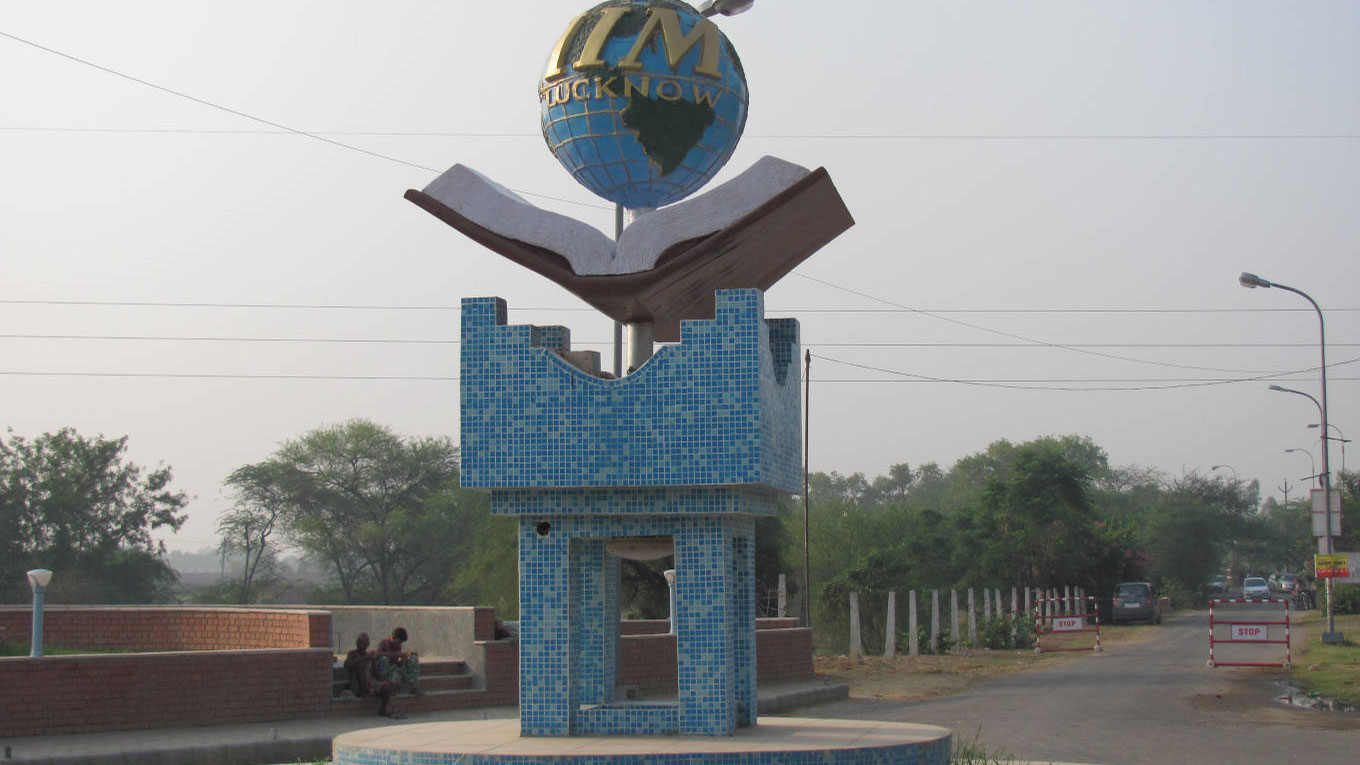
Over the last 36 years, IIM Lucknow has been creating leaders and ideas that help management organisations deliver value. We have done it consistently over the years by nurturing value-based young leaders, who are capable of driving social and economic transformations towards an ethical, just and sustainable society. In this regard, we are perhaps the first leading business school to launch a two-year, full-time postgraduate programme in business sustainability. We pride ourselves on the academic rigour that our programmes stand for and our zeal to maintain it makes us stand out. Our global accreditations (AACSB, AMBA and EQUIS is ongoing) are testament to that. The fact that we have continued to maintain the fourth rank in NIRF ranking surveys speaks about our consistency. Several of our alumni are CXOs and founders of prominent organisations. Members of our faculty publish in top tier journals and regularly make interventions in the corporate world, bureaucracy and governance, through capacity building, policy research including case writing and consulting.This was evident last year when IIM Lucknow conducted a specially designed three-day brainstorming and visioning workshop, called Manthan, for the council of ministers and top civil servants of all the departments of Uttar Pradesh government. Despite the pandemic and the events around it in the current year,we continue to be optimistic. We accelerated the digitalisation of our processes and quickly moved online as an immediate response to the pandemic. The academic experience is the heart of the school and that is not the only thing that we re-imagined. Executive education programmes, research seminars, students’ clubs, competitions and even placements were reimagined and redesigned in no time. To capture this, we involved all our stakeholders during the last one year in creating a perspective plan and vision document for IIM Lucknow for the coming decade. We aim to be a globally acclaimed school and we are surely on our way. Just as the pandemic has stimulated significant pedagogic innovation, it has also presented significant opportunities for faculty research. During this time, our faculty has published papers and driven research projects on understanding organisational and institutional responses to the crisis, exploring implications for work, evaluating impacts on international businesses in light of supply chain issues, illuminating impacts on individual patterns of consumption and attitudes to risk, highlighting the financial consequences of the crisis and how they might be mitigated, and modelling the progression and impacts of policy interventions. The basic model of management education in India and regulations around it dates back to the 1960s. It has been an adaptable, resilient model that has generally satisfied the needs of students and employers. The courses on offer, as well as the ideas generated through faculty research, have been more than adequate till now. But the macro-environment around us and the problems that modern day organisations face have changed over the years. The recent pandemic has just given a push to the reforms on digital intervention, hybrid learning models, MOOCs that were already on the top of the minds of the management.Against this backdrop, we are using the current year to review our programmes and curriculum. We are also bracing ourselves to face challenges by strengthening our capabilities and capacities.


































